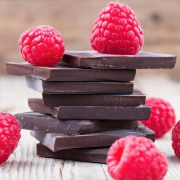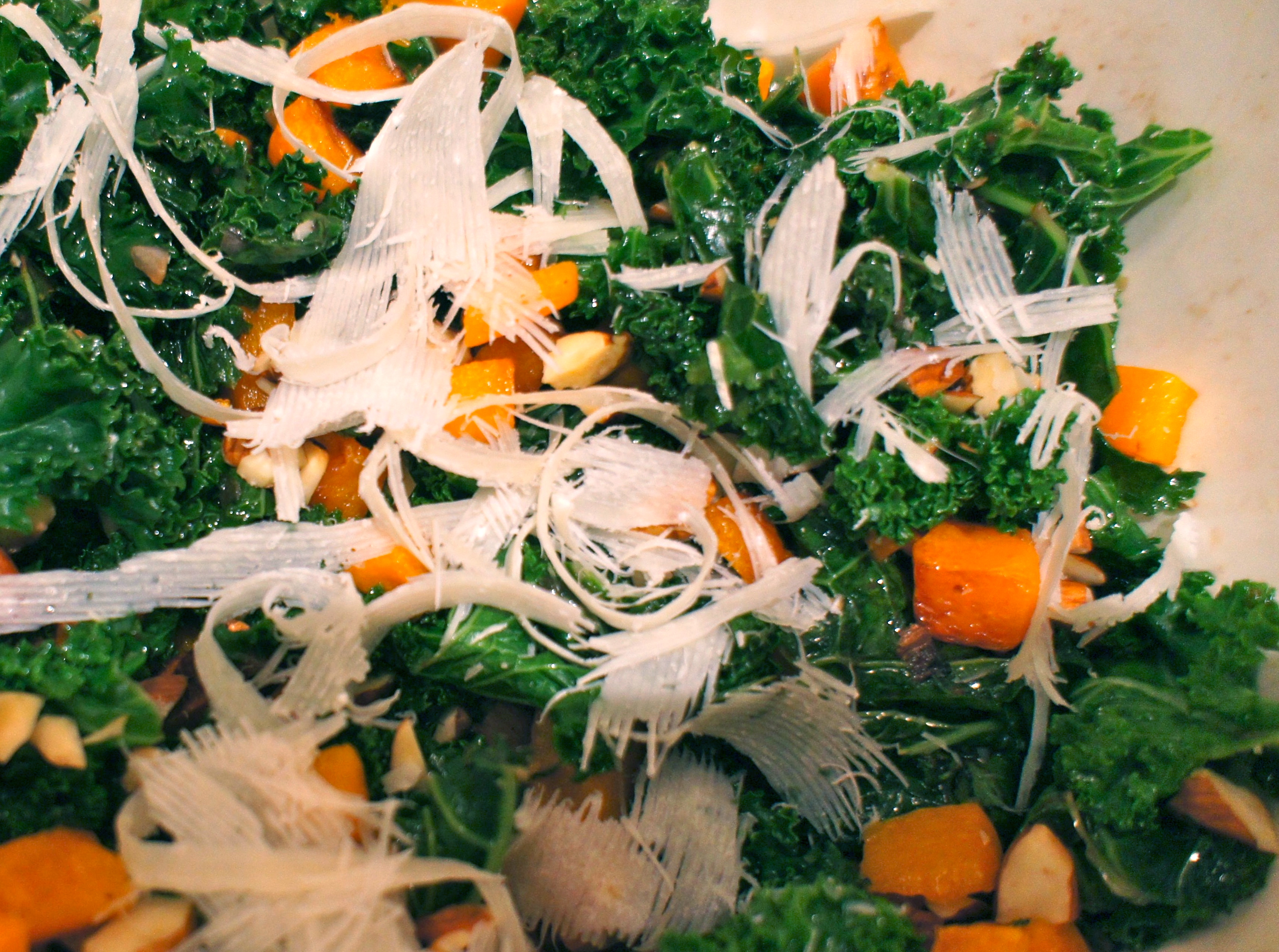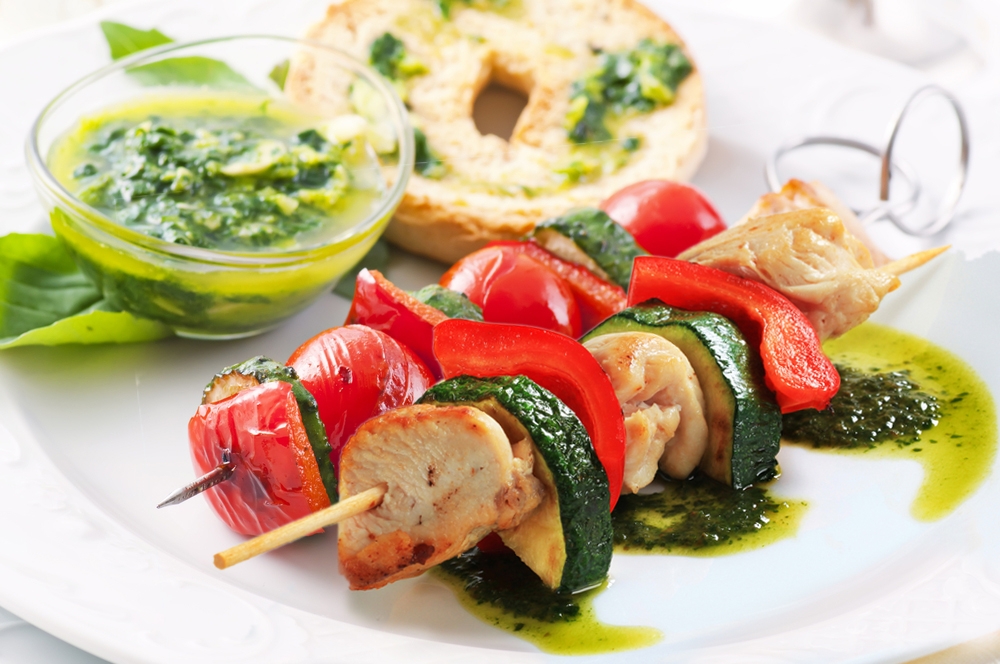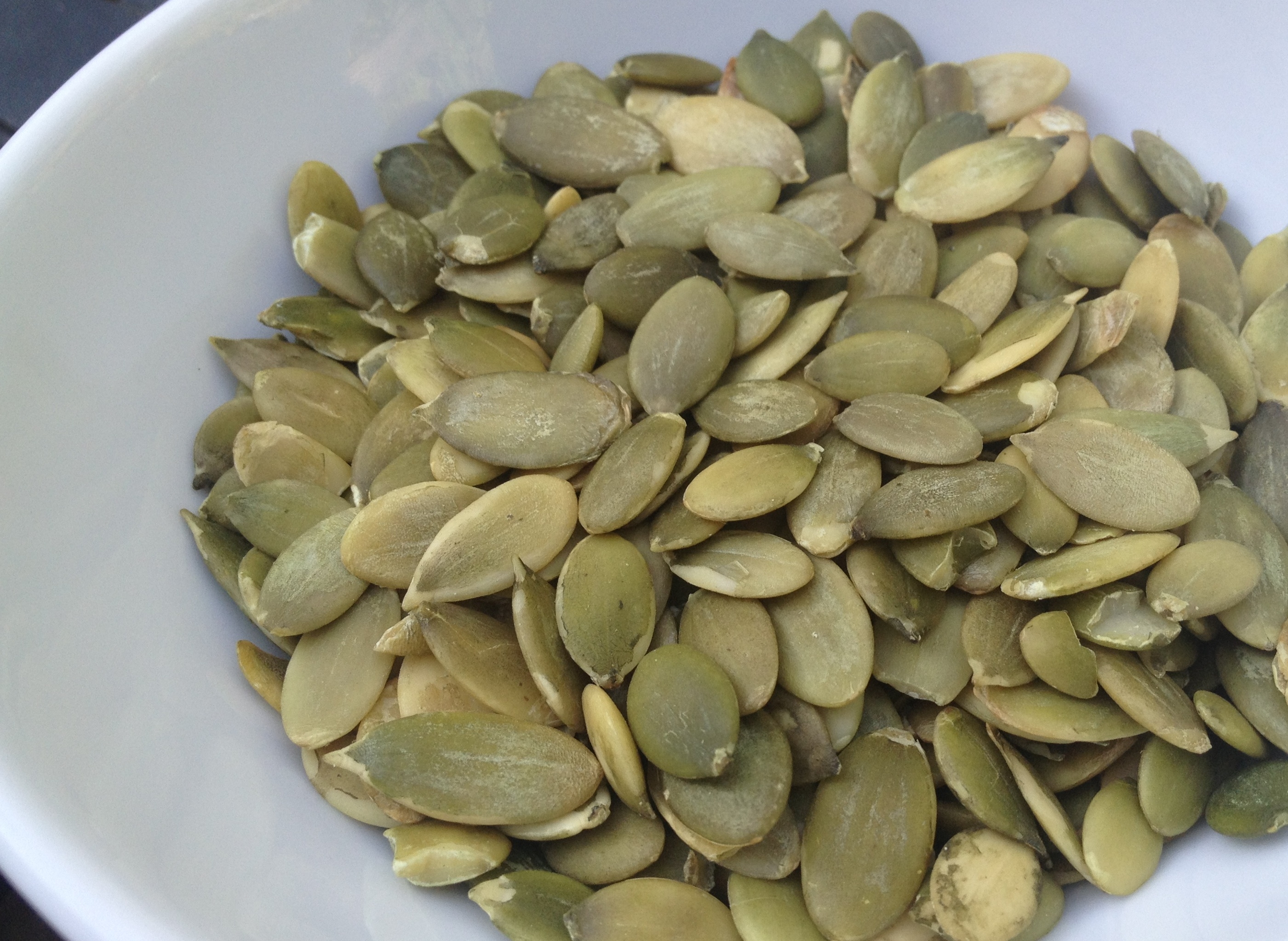Time and time again I’ve seen fitness gurus and weight loss enthusiasts proudly posting images depicting tons of unhealthy foods on various social media platforms during their so-called “cheat days”. You too may have ascribed to occasional cheat days and even posted a few images yourself. This is not surprising as some of the more popular diet plans have gone so far as to endorse the notion of periodically giving in to your cravings for pizza, French fries, desserts, and other decadent foods.
Related Article: Eating Unhealthy Foods and Losing Weight: Is This Even Possible?
But why exactly is this type of behavior being endorsed?
Well, as with all eating trends there’s a bit of science surrounding the concept of cheat days.
Interestingly, the science behind the phenomenon is centered on the unique actions of a specific hormone called leptin, which is naturally produced by the body’s fat cells. Often referred to as the “satiety hormone”, leptin itself contributes to increased feelings of fullness in the body helping to reduce the urge to overeat. Dieting is known to trigger leptin deficiency, particularly when carbohydrate intake is severely restricted, as is the case with “low-carb” diets.
The cheat day is really just an overly simplified way to describe the act of periodically consuming more carb-rich foods for the sole purpose of enhancing leptin production.
Leptin deficiency has been shown to lower metabolism in a way that makes it difficult to burn fat and ultimately lose weight.
On the flip side, occasionally introducing carbohydrates into the diet, a term loosely coined “refeeding”, is known to increase the body’s production of leptin in cases when dietary carbs are generally cut, hence the origin and common justification for periodic induction of a cheat day.
Related Article: How to Lose Weight Without Cutting Carbs
The cheat day is really just an overly simplified way to describe the act of periodically consuming more carb-rich foods for the sole purpose of enhancing leptin production.
However, this does not necessitate higher intakes of overly processed, sugary and starchy foods rich in unhealthy fats and artificial additives as is often done during stereotypical cheat days. Such foods DO NOT enhance production of leptin. In fact, they can actually suppress this satiety hormone causing you to eat more.
Related Article: Dietary Sugar: The Good, The Bad and The Unnecessary
To stimulate increased leptin production, it’s always better to take in additional servings of high-quality carbohydrates like oatmeal, potatoes, and whole grain foods like rice, breads, and pasta. These are the types of foods that should be incorporated into a legitimate cheat day.
Even with the science behind it, the concept of cheat days (or refeed days) is most effective among serious athletes and bodybuilder types with generally lower levels of body fat.
These are the people who normally follow very strict low-carb diet plans and/or regularly engage in rigorous exercise training. Everyday folks who get in at most two hours of moderate exercise on a great day are not at all in need of refeed days.
This holds especially true for people who are overweight.
Since leptin is produced by fat cells, it’s inherently higher in people carrying excess body fat. Furthermore, being overweight can actually cause the body to resist the appetite-suppressing effects of leptin, a state referred to as leptin resistance. In cases of leptin resistance, refeeding may do way more harm than good— Potentially leading to unwanted weight gain.
Even with the science behind it, the concept of cheat days (or refeed days) is most effective among serious athletes and bodybuilder types with generally lower levels of body fat.
So what does this all mean for everyday folks who aren’t necessarily athletes or bodybuilders? Are cheat days in any way beneficial?
Well, it all depends on how you look at it.
In and of itself the idea of a cheat day just gives certain foods way more power than they deserve!
Now don’t get me wrong—There’s nothing inherently wrong with eating some of your favorite foods from time to time. Do I occasionally enjoy foods like pizza and dessert? Heck yeah! But, I don’t need to dedicate a day to binging on them. On most days I simply enjoy a little bread in addition to something sweet, whether it’s a glass of wine or a piece of chocolate. That’s not “cheating”—That’s “living”!
Related Article: Simple Ways to Enjoy Alcohol Without Gaining Weight
I don’t subscribe to the idea of designated cheat days. To me, the act of regularly “rewarding” your hard-earned efforts this way, feeds into the notion that you actually deserve a reward for living a healthier lifestyle. No matter where you are on your fitness or weight loss journey, it’s important to recognize that your hard-earned efforts are worth way more than the sheer pleasure of splurging.
As a scientist, health professional, athlete, wife and mother, I always emphasize the importance of realistic, well-rounded and sustainable approaches to achieving lifelong wellness with healthy eating.
In this light, I encourage you to shift your way of thinking by focusing on moderation as opposed to elimination when it comes to dieting and weight loss. In doing so, you should also seek out more innovative ways to incorporate healthier versions of your favorite foods in order to take away some of the guilt that comes with eating them.







